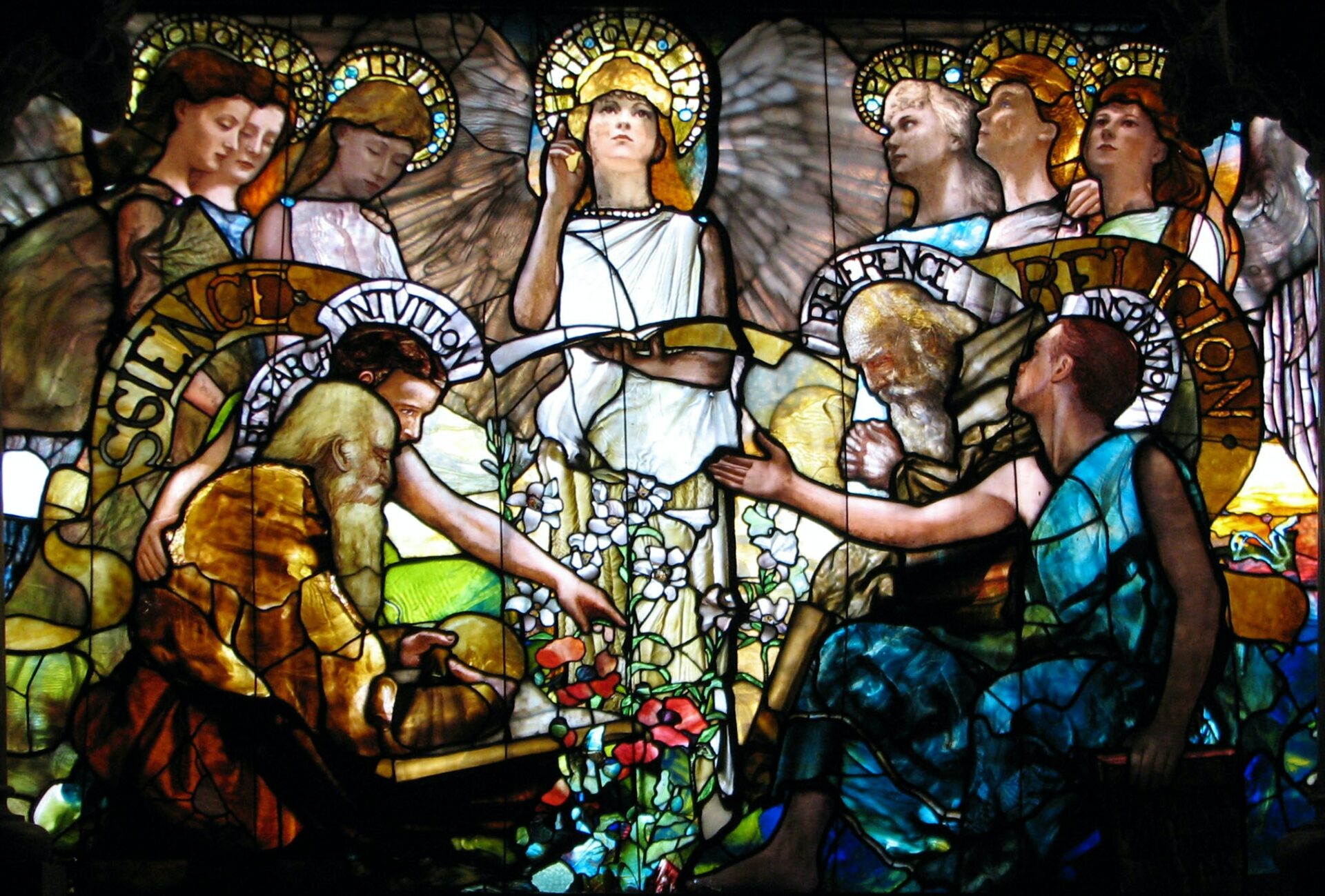During the long sixteenth century and deep into the seventeenth, a slow transition from societies based on religious certainties to societies derived from secular concerns was taking place throughout western Europe. The pace was uneven; it differed markedly from place to place, and for most people religion remained at the root of human concern, since salvation was still the desired end of life. But religion was receding toward the background, and security and stability seemed to be a matter for the state rather than the church.
The weakness of church institutions in the face of the rising state system made it clear where a person’s first source of protection lay, at least in this life. The general compatibility between Protestantism and absolutism in politics and the more specific compatibility between Calvinism and commerce brought secular issues further into the foreground. Wars and monarchical disputes that had turned upon religious issues had by 1648 been settled largely in dynastic, military, and secular terms.
Contemporary with these developments was the rising influence of philosophers and writers whose primary concerns were related to science. Indeed, though science had always been a separate branch of knowledge, it was now becoming a profession; and while not conflict necessarily existed between science and religion, the scientific revolution launched by the Italian Galileo, the Englishman Newton, the Frenchmen Descartes and Pascal, and others, moved steadily in a secular direction. As the twentieth-century philosopher of science Alfred North Whitehead remarked, since the time of Galileo and Newton we “have been living upon the accumulated capital of ideas provided . . . by the genius of the seventeenth century.”

